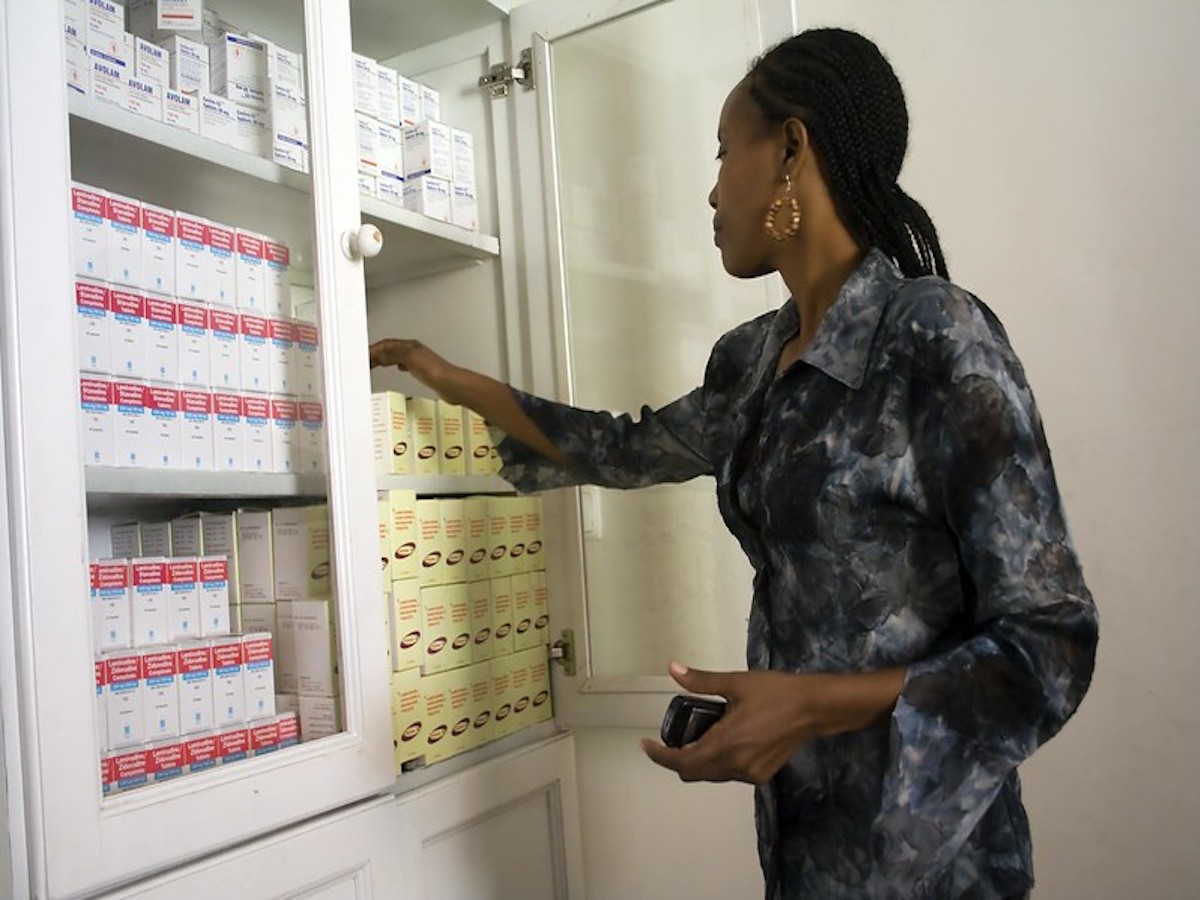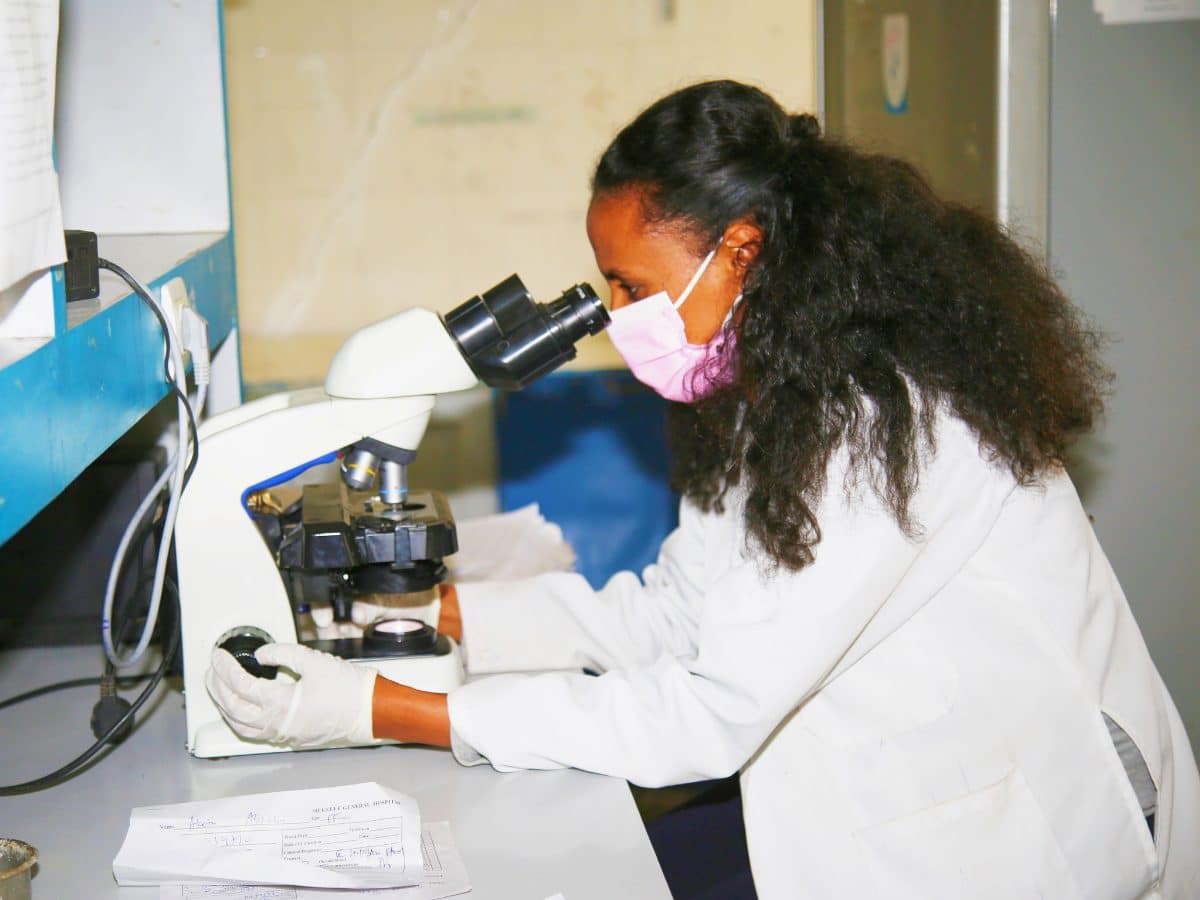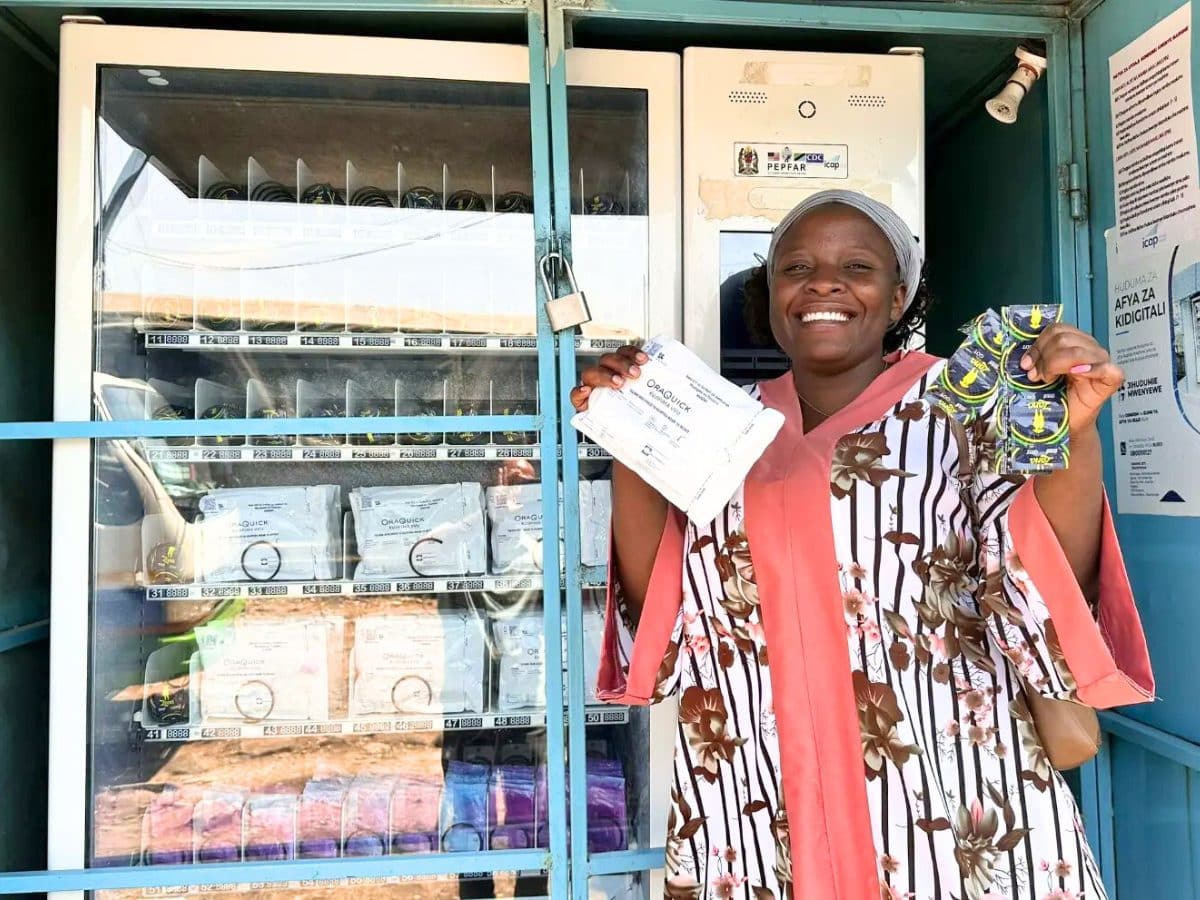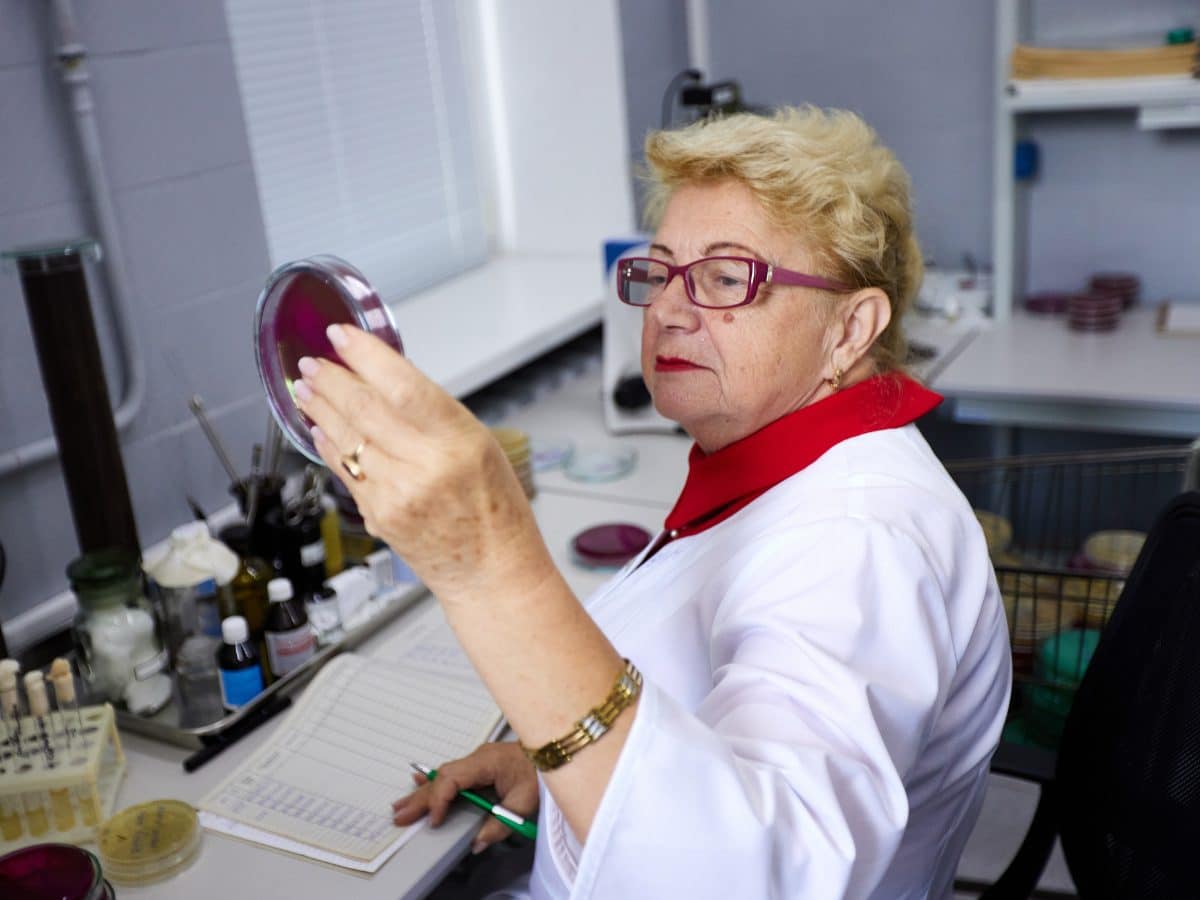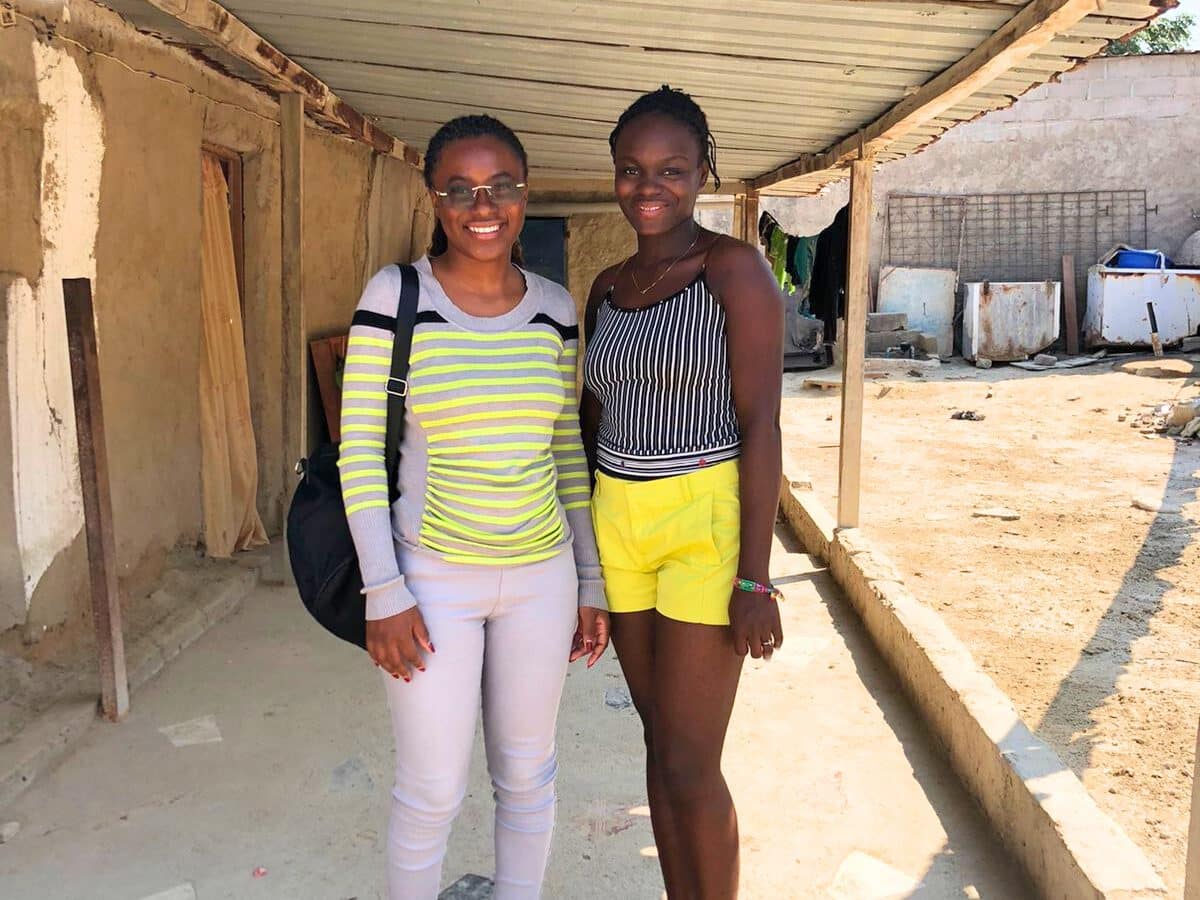While the rapid spread of COVID-19 continues to dominate headlines around the world, another global health crisis looms large: the threat of antimicrobial resistance (AMR). The indiscriminate use of these agents threatens our ability to treat a growing list of common infectious diseases – including pneumonia, tuberculosis, blood poisoning, gonorrhea, and foodborne diseases. Together with its longstanding partner, the government of Eswatini, ICAP is working to stop the further emergence of drug-resistant infections that greatly impact the health of humans, animals, and our environment through a unique, multi-sectoral initiative.
Antimicrobials are critical therapeutic tools for fighting diseases in humans, animals and plants and include antibiotic, antiviral, antifungal and antiprotozoal medicines. Antimicrobial resistance (AMR) occurs when bacteria, viruses, fungi, and parasites evolve over time to no longer respond to medicines, making common infections harder to treat and increasing the risk of disease spread, severe illness and death. Many factors have accelerated the threat of AMR including the overuse and misuse of medicines in humans, livestock and agriculture, as well as poor access to clean water, sanitation and hygiene. In places where these agents can be purchased without a prescription or in health systems without standard treatment guidelines, antimicrobials are not only often over-prescribed by health workers and veterinarians, they are also often over-used by the general public. Additionally, there are growing concerns the ongoing COVID-19 crisis will exacerbate the threat of AMR, as antimicrobial therapies are used in the care and treatment of those impacted by the novel coronavirus.
In Eswatini, a multi-ministry taskforce supported by ICAP is meeting the challenge of AMR head-on as they work to develop a surveillance system for national antimicrobial resistance, use, and consumption across animal and human health systems in the country. The initiative is financially supported by the Fleming Fund, an investment by the government of the United Kingdom to tackle the growing threat of AMR around the world.
“Strengthening AMR surveillance is a priority for the human and animal health sectors in the Kingdom of Eswatini,” said Thuli Magagula, Assistant Director of Pharmaceutical Services in the Eswatini Ministry of Health. “As a member of the Eswatini Ministry of Health’s AMR Containment Committee (AMRCC), I am excited by the Fleming Fund grant which will helps us to develop evidence-based interventions to improve antimicrobials use and consumption in human and animal sectors and inform infection prevention and control (IPC) plans at the local, regional and global levels.”
Since the project’s start in early 2020, ICAP’s efforts to combat AMR in Eswatini include strengthening of the governance and leadership of the AMRCC, as well as supporting the establishment of six AMR surveillance sites within the human and animal health sectors, renovation of sentinel sites, equipping and supplying laboratory reagents and consumables, and capacity building of human and animal health workers. Additionally, ICAP has developed a variety of materials to be used at the intersection of animal, human, and environmental care including standardized operating procedures and protocols, lab bench aids, procurement needs assessments, and national data flow systems in compliance with the Global Antimicrobial Resistance Surveillance System (GLASS).
At the core of ICAP’s contributions to the Eswatini response to AMR is a deeply held commitment to multi-sectoral collaboration. These efforts are grounded in the One Health approach, recognizing that the health of people is closely connected to the health of animals and our shared environment. As resistant bacteria can spread between humans, animals, and the environment, curbing drug misuse and overuse across all health sectors is critical to tackling resistance as a whole. The project is notable for the wide range of stakeholders represented, including the Ministry of Health, the Ministry of Agriculture, the University of Eswatini’s Faculty of Agriculture, and the AMRCC. Additional key partners include EcoHealth, Health and Education Consulting, and the University of Pretoria.
“The health sector working alone cannot solve this problem. It is only by working together that we can move forward to combat the rising threat of AMR around the world,” said Ruben Sahabo, MD, country director for ICAP in Eswatini. “We hope that initiatives like ICAP’s multi-sectoral partnership to combat AMR in Eswatini may serve as a model for the world.”
A major global health organization that has been improving public health in countries around the world for over 15 years, ICAP works to transform the health of populations through innovation, science, and global collaboration. Based at Columbia University in New York City, where it is part of the Mailman School of Public Health, ICAP has projects in more than 30 countries, working side-by-side with ministries of health and local partners to confront some of the world’s toughest health challenges. Through meaningful research, tailored technical assistance, effective training and education programs, and rigorous surveillance to measure and evaluate the impact of public health interventions, ICAP aims to realize a global vision of healthy people, empowered communities, and thriving societies. Online at icap.columbia.edu


